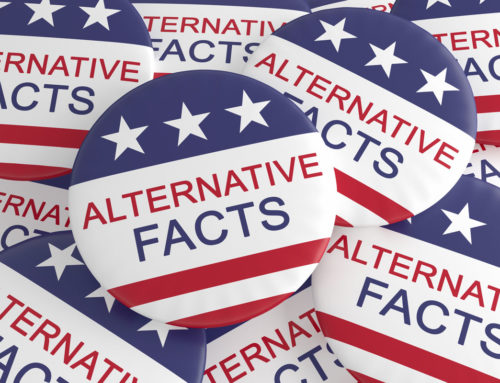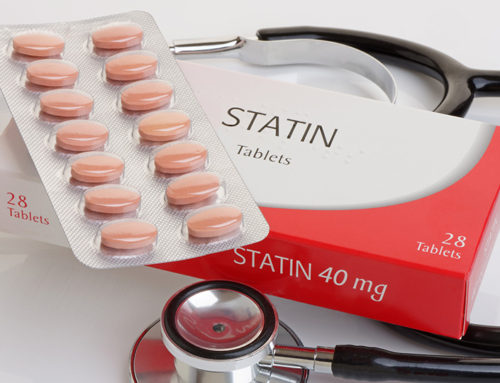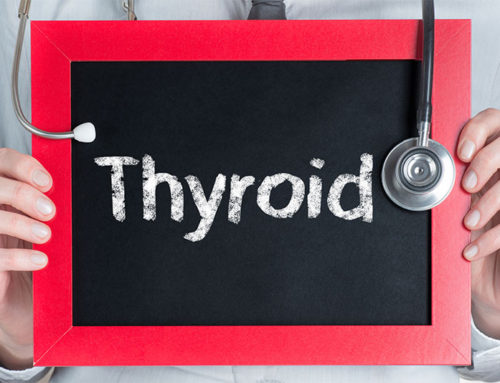The following is a guest blog from my friend, JJ Virgin, author of NY Times bestseller The Virgin Diet: Drop 7 Foods, Lose 7 Pounds, Just 7 Days.
“I wanted to do it alone,” a client told me. “I didn’t want anyone else around. Minutes after I began, I felt this rush of euphoria and I couldn’t stop. Then came the inevitable crash, where I wanted to curl up in the fetal position watching Friends reruns.”
If you’re concerned my client had a drug addiction, you’re not far off. Sugar had become her drug of choice, and constantly grazing on even so-called healthy hidden-sugar foods had trained her body to demand it constantly.
“Being addicted to sugar and flour is not an emotional eating disorder,” says Dr. Mark Hyman, author of The Blood Sugar Solution 10-Day Detox Diet. “It’s a biological disorder, driven by hormones and neurotransmitters that fuel sugar and carb cravings — leading to uncontrolled overeating. It’s the reason nearly 70 percent of Americans and 40 percent of kids are overweight.”
You might find it hard to believe a bag of chips or chocolate bar could create such catastrophe, but those and other processed foods send a rush of sugar that alerts your brain’s reward center to release feel-good neurotransmitters like serotonin, dopamine, and beta endorphin.
These endorphins respond to dietary triggers. When you eat a fatty, sugary food – say, a chocolate chip cookie – they really come out to party. The endorphin surge gives you intense pleasure and blocks pain, the same as if you had just injected heroin.
Considering the average American eats 22 teaspoons of added sugar, largely from processed foods and fizzy drinks, those several daily feel-good surges can become quite a habit.
Sugar: The New Cocaine?
A decade ago, critics appeared skeptical sugar could become addictive. Yet as new studies emerge and prominent experts speak out, sugar addiction has become a legitimate, concerning focus as sugar consumption, particularly as high-fructose corn syrup (HFCS), escalates.
“Animal studies have shown that refined sugar is more addictive than cocaine, heroin or morphine,” says As Dr. Pamela Peeke, author of The Hunger Fix. “An animal will choose an Oreo over morphine. Why? This cookie has the perfect combination of sugar and fat to hijack the brain’s reward center.” Hyman believes sugar can be eight times more addictive than cocaine.
Outlandish as those claims might seem, studies verify them. One published in the journal NeuroReport argues that “palatable food stimulates neural systems implicated in drug dependence.” Another study published in the journal Archives of General Psychology found a food addict’s brain operates similarly to a drug addict when they think about eating sugary, fatty foods.
It’s not just the immediate gratification that creates damage. Sugar addiction also sets the stage for future hunger, cravings, and food intolerances.
One study published in The American Journal of Clinical Nutrition found high-sugar impact foods trigger the nucleus accumbens, your brain region that controls reward and craving. Researchers noted this domino addictive pattern plays a “special significance to eating behavior at the next meal.”
Dr. Robert Lustig, an American pediatric endocrinologist at the University of California, San Francisco (UCSF), has become a vocal sugar-as-addiction proponent. Lustig’s lecture “Sugar: The Bitter Truth” has almost five million YouTube hits.
“His meta-analysis of the cutting-edge research on large-cohort studies of what sugar does to populations across the world, alongside his own clinical observations, has him credited with starting the war on sugar,” writes Zoe William in The Guardian. “When it reaches the enemy status of tobacco, it will be because of Lustig.”
Lustig believes sugar creates serious hormonal havoc. High blood sugar elevates insulin, which blocks your satiety hormone leptin. High levels of cortisol, your stress hormone, increase your urge for comfort foods. High cortisol during sleep increases ghrelin, your hunger hormone, so you’re more likely to ask for a stale donut the next morning with your caffeine fix.
Other hormones become disrupted too, but you get the domino-effect point. From that hormonal havoc, you can begin to understand how sugar addiction occurs. With the right strategies, you can free yourself even if you’ve been an addict for years or decades.
Freeing Yourself from Sugar Addiction
I helped my client, who was so embarrassed about her sugar addiction that she often ate alone, and numerous other people break the cycle with healthy substitutes that satisfy without leaving you deprived or hungry.
Eventually, you begin to crave these foods rather than a big piece of peanut butter chocolate pie. You might not believe me if you’re a current sugar junkie, but I’ve witnessed former addicts crave the natural sweetness of berries, vanilla, and roasted almonds.
Sugar could be holding you hostage in ways you’re not even aware. Bottled drinks, vinaigrette dressings, and glazed meats are among the many “sneaky sugars” that add up around your waistline.
You needn’t surrender all these foods cold turkey. In fact, I’d rather you didn’t. In my new book The Sugar Impact Diet, I’ll show you a cutting-edge, withdrawal-free way to gradually taper off sugar so you never feel deprived.
The biggest step to conquer sugar addiction is with your fork. Pile on the clean, lean protein, stock your fridge with fresh veggies and hummus, and keep nuts and seeds at the ready on your countertop. They’ll keep your serotonin levels even and will help keep your amped-up food-reward cycle in check. A steady supply of sugar to the brain from slow carbs actually helps your mental clarity and focus.
As your taste buds come alive again, you’ll learn to appreciate spicy and savory foods like Cajun spices, salsas, garlic, and onions. You’ll ratchet up the flavor in your foods until you can appreciate the way they burst!
As a sugar addict, you may not even realize that your diet is bland. Not only because you’re eating one-dimensional high-sugar impact foods, but because you’ve also lost your ability to truly taste.
You’re missing out on a lot. You’re missing bitter, like the nuance in dark chocolate, and tart, like the party on your tongue after you eat Greek yogurt. These foods and flavors will all help you transition beyond craving sweet, and only sweet.
Once people become sugar detectives, they become amazed at how sneaky added sugars can become. What’s one food you once thought healthy that you actually learned contained hidden sugar? Share your thoughts below or on my Facebook fan page.














You can also get addicted to fat. http://www.scientificamerican.com/article/addicted-to-fat-eating/ After reading hundreds of articles about food and listened to countless hours I have come to the conclusion that people are either idiots or compulsively lie to maintain their fragile truth.
I battled the same 35 pounds my entire life and woke up every day praying I could stay on the diet of the moment. I white-knuckled it off again and again, spent a fortune on diet programs and therapists, only to uncontrollably gain it all back. I felt so much shame. Four years ago, I started studying Insulin Resistance, Leptin, Ghrelin, Dopamine, and how gut bacteria becomes addicted to the sugar and grains we crave. They send out powerful hormones that MAKE us eat what we know we shouldn’t – again and again.
Once I understood the science, I went cold turkey and it took 3-4 weeks of withdrawal, but then it was suddenly HEAVEN on the other side. The weight effortlessly fell off and I am stunned that I haven’t had a craving since. It has been the biggest SHOCK of my entire life. Now, I view sugar foods as the poison they truly are and that kept me prisoner my entire life.
I am thrilled to see so much more media exposure about the science getting out, because when it becomes common knowledge that craving sugar isn’t our fault and that we are not weak-willed sloths (who has more will power than Oprah), the country’s collective health will improve dramatically. And my field, Alzheimer’s, which is now being termed ‘Type 3 Diabetes’, will be directly positively impacted.
—Jacqueline Marcell, National Speaker, Author, ‘Elder Rage’